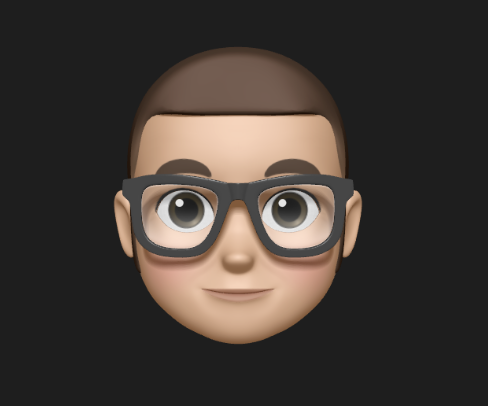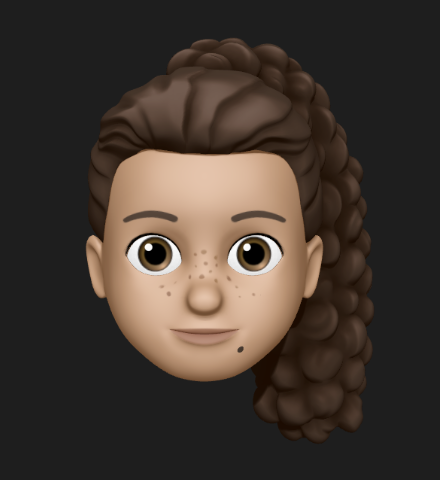 Freelancer tips
Freelancer tips Project Schedule: What it is, how to do it in 7 steps and 5 examples
With these simple steps, we will guide you to create a timeline that will allow you to achieve your goals in a timely manner



In the dynamics of freelancers, personal branding is a key factor. Not only to stand out among the digital crowd, but also to establish meaningful connections with potential clients.
Therefore, it's important to manage it well.
Having a stable personal brand goes beyond a logo or slogan; it's the way you present yourself as an independent professional. However, not everyone knows what a personal brand is, so today we're going to tell you. At the same time, we'll detail some tactics so you can create an effective personal brand.
In simple terms, personal branding is the very essence of the identity of every self-employed worker. That is, how the rest of the world sees you, the first impression you generate in others.
And being your own company, you must recognize yourself as a unique entity, which is endowed with:
A name: either your own or a commercial one that reflects your uniqueness.
A niche: what you specialize in and delimit your services, providing clarity to your clients about your distinctive skills.
A style: the way you communicate, a distinctive reflection of who you are.
These qualities together forge your personal brand and will leave a lasting impression, differentiating you in a competitive market.
This construction process is also called personal branding. And this will be what drives your marketing strategies, as well as your presence on those freelance platforms where you offer your services.
With a defined personal branding, you can steer your freelance career in the right direction.
The particularity of your personal brand resides in three fundamental pillars:
1. Communication: everything you say will be projected in your personal brand, whether in online or offline environments. This includes what you post on social media, your website design, how you dress, etc.
2. Actions: what you do define your authenticity and consistency, so they are more revealing than the words you speak.
3. Attitude: the stance you take in the way you express yourself and execute your actions shapes a crucial element in your personal brand.
Building your personal brand involves defining what you can offer, your values, and effective communication. Questions like "Who am I?", "What goals do I want to achieve?", will guide you towards that self-knowledge.
Good personal branding brings significant benefits to your career as a freelancer.
The most relevant advantages include:
Allows your values and personality to be projected in your work, thus forming more authentic connections with your audience.
A strong brand generates trust among clients, increasing your credibility and making you stand out from the competition.
Attracts clients that match your values and services.
Makes it easier to relate to other freelancers and potential clients, opening doors to new opportunities.
Positions you as an expert in your area, increasing your online presence and facilitating the promotion of your services.
A solid personal brand elevates the perception of your value in the market. This allows you to set fairer rates.
It's a long-term investment, enabling the construction of a solid foundation for the continuous growth of your freelance career.
In other words, your personal brand as a freelancer is key to leaving an indelible mark, not only on your clients but also in the industry in general.
Everyone has their own personal brand, whether you work on your own or practice home office. But when you're a freelancer, defining and creating a personal brand becomes essential, which requires a process that includes:
The first thing you have to do is reflect on your skills, passions, and values. Just like identifying your strengths and weaknesses.
Once you achieve this, think about what makes you unique and what you want to highlight in your brand, always being real, without pretending to be something you're not.
Once you define yourself, you must identify your target audience, i.e., who do you want to reach with your personal brand?
Try to understand the needs and desires of your audience.
Similarly, it's important to set clear goals for your personal brand, including short, medium, and long-term objectives, but achievable ones.
As a freelancer, creating a logo is crucial, as is choosing a color palette that represents your style.
Of course, it must be consistent across all channels, such as preparing a professional profile picture.
Establish a narrative that encompasses who you are in such a way that it resonates with your audience and transmits authenticity. Always adjusting the tone according to your target audience.
The message should have a purpose that manages to
emotionally connect with your audience. What motivates you? What impact do you hope to achieve on your clients?
Social media is more than places where you can post photos; they also function as a marketing strategy tool.
Platforms like Twitter, Instagram, or LinkedIn provide you with the opportunity to reach a wider audience effectively. Just optimize your profiles to align with your identity.
Connect with other freelancers and professionals in your industry through specialized sites for self-employed individuals. There, you can explore collaboration opportunities that strengthen your presence.
Haven't got a freelance profile yet?
Don't waste time, open an account on sites like Workana, Fiverr, Freelancer are excellent pages for independents like you. Plus, you can receive payments in dollars or pesos, especially if you choose options like DolarApp to save on exchange rates.
Your personal brand is what some call your letter of introduction, but it's much more than that.
Therefore, to optimize your personal branding, we recommend:
1. Conduct a prior analysis of your current situation and understand your position in the market.
2. Design a personal marketing plan that serves as a guide to enhance your presence and reach your goals.
3. Keep in mind that successful personal branding is continuous work that requires persistence and consistency.
4. Prioritize authenticity; show who you really are to build a genuine connection with your audience.
5. Focus on offering quality over quantity.
6. Keep your content updated to maintain interest and relevance.
7. Identify and highlight those features that make you unique.
8. Actively interact with your audience, participate in conversations, answer questions.
9. Evaluate your progress to measure advances and adjust strategies as needed.
10. Engage in creating valuable connections through networking.
Remember, authenticity is key. As you grow, your brand can also adapt and reflect your evolution and goals in the freelance world.

The world has borders. Your finances don’t have to.
 Freelancer tips
Freelancer tips With these simple steps, we will guide you to create a timeline that will allow you to achieve your goals in a timely manner

 Freelancer tips
Freelancer tips With the Creators Fund, the minimum follower count is 10,000, but the key to earning money doesn’t lie solely in the number. Find out more here.

 Freelancer tips
Freelancer tips Discover how Hotmart works to earn money by selling digital products. It's ideal for content creators, educators, or marketers.


